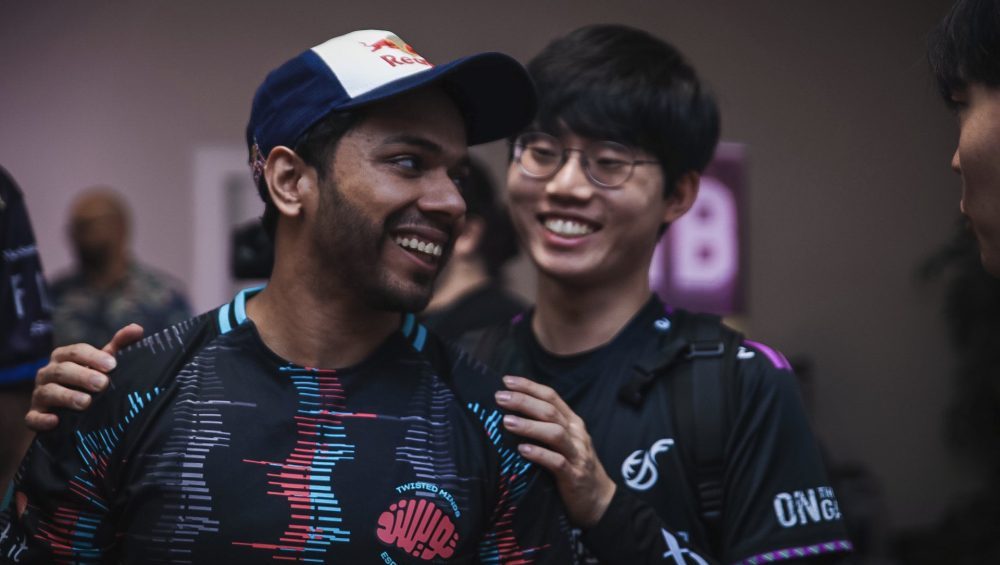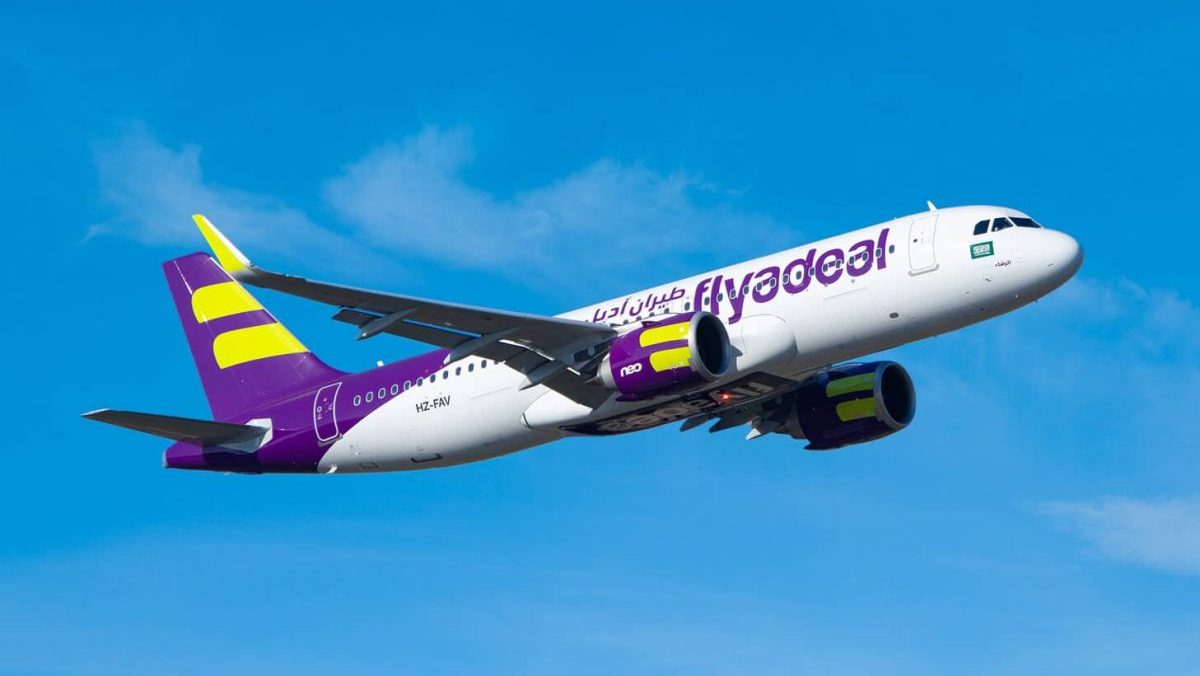Arslan Ash’s Unfair Steroid Ban Lifted After 3 Years, IESF Admits Testing Error
Top Pakistani Tekken 7 champion Arslan Ash was unjustly banned from a 2022 esports tournament by the International Esports Federation (IESF) over a doping violation — a decision recently reversed after nearly three years.
The news came to light only weeks ago when the IESF released an official statement acknowledging the ban and confirming that it had now been lifted.
🔍 Why Was Arslan Banned?
In 2022, Arslan Ash tested positive for anabolic steroids such as 19-norandrosterone, stanozolol metabolites, and metandienone metabolites. However, these substances are typically used in bodybuilding, not in esports. The doping test used by IESF was designed for physical athletes, not professional gamers.
❌ Why the Ban Made No Sense
Steroids like the ones Arslan tested positive for do not enhance mental performance, reflexes, or focus, which are the key skills in esports. In fact, such substances can impair gaming performance due to side effects like anxiety and sleep disturbances. Substances more relevant to gaming performance, like Adderall or Modafinil, are often overlooked in esports testing protocols.
READ MORE:
Laptop Mag Shuts Down After 30+ Years of Tech Journalism
🗣️ Arslan’s Statement
Arslan Ash explained that he had used the banned substances during the COVID-19 lockdown for bodybuilding purposes, at a time when no tournaments were being held. He said he was unaware these substances were banned in esports and stopped using them once he learned about the anti-doping rules.
He also criticized the IESF’s use of testing protocols that were irrelevant to esports, stating they were originally meant for traditional athletes.
✅ The Outcome
Despite the outdated and inappropriate ban, Arslan Ash continued to participate in and dominate international Tekken events, proving he had no unfair advantage. He is now a five-time EVO champion and remains an icon in the fighting game community.
The reversal of this ban is a significant step in highlighting the need for updated and esports-specific anti-doping protocols in international competitions.


